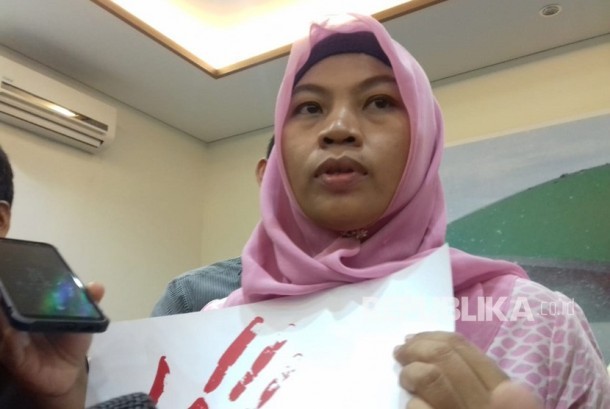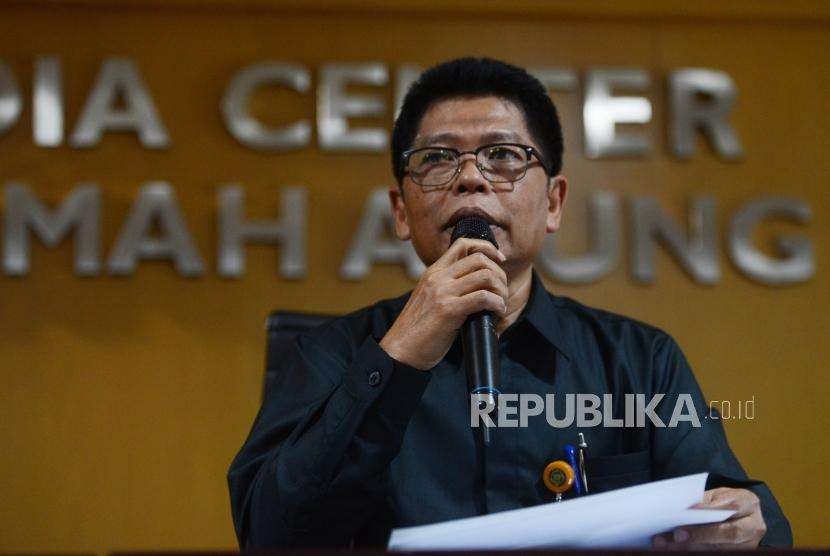REPUBLIKA.CO.ID, JAKARTA — Supreme Court (MA) spokesman Agung Abdullah said judges only assessed legal facts when examining and deciding cases, including in Baiq Nuril Maknun case. Baiq was found guilty by Supreme Court for violating Article 27 paragraph 1 Law No. 11/2008 on Information and Electronic Transactions (ITE).
“Judges stick to legal facts revealed in the trial as the statements conveyed in courtroom are given under an oath,” Abdullah said on Thursday (Nov 22).
Abdullah explained all information outside the courtroom would not be considered. Based on the facts of the trial, Baiq was found guilty, he said.

Baiq Nuril Maknun
This case of abuse at work occurred when Baiq as an administration staff at SMAN 7 Mataram harrassed for many times by Muslim, the principal. Muslim often contacted Baiq and during conversations, he told stories of his sexual experiences with other women, who were not his wife.
Uncomfortable with this ordeal, Baiq recorded those conversations to prove she had no affair with the principal and to serve as evidence while reporting the matter to the law enforcement apparatus.
Mataram District Court had previously found Baiq Nuril not guilty of the charges in July 2017. At the trial, the District Court judges even stated that the element "without the right to distribute and/or transmit and/or access to electronic information/electronic documents" was not proven, as it was not Baiq, who had circulated the conversation but other parties.
However, prosecutors submitted a cassation petition to the Supreme Court shortly after. The Supreme Court then awarded a six-month jail term to Baiq and imposed a fine of Rp500 million for violating Article 27, paragraph (1) of the Law on Information and Electronic Transactions for spreading details of immoral conversations with the principal of Mataram 7 High School.
Currently, Mataram District Attorney decided to postpone execution for Baiq, following a postponement decision by Attorney General Office. The postponement of the execution was based on legal, humanitarian and justice considerations.


